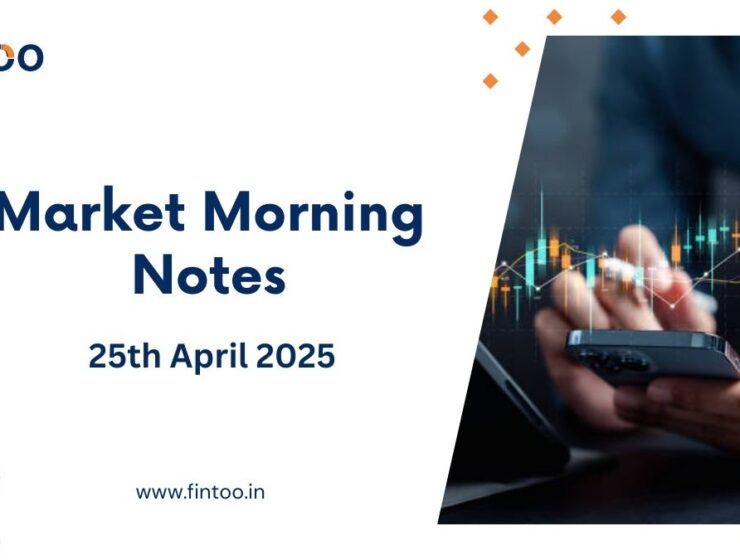

HDFC to raise up to ₹7,000 crore by issuing bonds
HDFC is looking to raise up to ₹7,000 crores by issuing secured redeemable non-convertible debentures (NCDs) with a base size of ₹5,000 crores and an option to retain oversubscription of up to ₹2,000 crores. The issue of the bonds opens on May 28, 2021, and will close on the same day. The mortgage lender will offer a coupon rate of 6% p.a and is offering a tenor of almost 5 years with its redemption date set as May 29, 2026.
The objective of this issue arranged by Axis Bank is to augment the long-term resources of the Corporation. The proceeds of the present issue would be utilized for financing/refinancing the housing finance business requirements of the Corporation.
Also read: Sovereign Gold Bonds – Should you invest? – Fintoo Blog
PharmEasy eyes IPO, acquires Medlife to become India’s largest e-pharma company
API Holdings, the parent entity of the online pharmacy chain Pharmeasy, has begun talks for a potential public market listing, aiming to raise around ₹3,000-₹3,700 crores. The initial public offering to be held at the end of this year is likely to value the company at around ₹21,800 crores.
Medlife was acquired with the shareholders receiving a 19.59% stake and its customers absorbed, making Pharmeasy the largest healthcare delivery platform across the country. Online pharmacies are among the few verticals in e-commerce to have grown during the second Covid-19 wave and the Indian e-health sector is expected to grow at a CAGR of 68% by FY 2025.
WhatsApp files case in Delhi High Court, seeking to block new IT rules
The new IT rules require the appointment of a resident grievance officer, chief compliance officer and nodal contact person, to publish details of executives on their website, along with a physical contact address. The case was filed on 25 May 2021, after new rules required significant social media intermediaries to trace the origin of particular messages breaking the end-to-end encryption messages, which WhatsApp believes is an end to privacy, among other rules. Social media platforms run the risk of losing their status as intermediaries and may become liable for criminal action if they do not comply with the revised regulations.
Strong Q4 performance boosts the consolidated net profit of KNR Constructions to 23.5%
The company reported strong Q4 performance with revenue growth of 39% you and an EBITDA growth of 24% you with net profit rising 15% YoY with a little lower margin amid the significant rise in operating expenses and increasing commodity prices.
However, it is believed that the margin challenges will diminish by FY22 end and spillover of existing order book execution will add to FY23 growth and is also working and improving on debt reductions.
The company said it completed widening to 4/6 lanes and strengthened the existing two-lane carriageway of NH-5 with a total contract value of ₹231 crores and with its current order book receiving two new NHAI projects and an EPC project taking the total order book to ₹11,400 crores.
These results have boosted the confidence of the street and are bullish about long-term prospects. The stock is up more than 7% in two trading sessions post results.
India’s market cap hits $3 trillion
The Indian stock market has avoided the economic setbacks due to the pandemic and surged to a market capitalization that crossed $3 trillion for the first time and ranked eighth on the table of most-valued equity markets. India joined UK, France, and Canada in the $3-trillion m-cap club on Monday, ahead of Germany even with the performance of the largest companies listed on the Frankfurt stock exchange being up 13% this year outperforming the Sensex which is up 6%.
This marks a stellar run for India from the bottom of the crash last year. Looking ahead with listing of LIC among others could add another $200 billion and the bull case scenario sees Sensex at 61,000 by the end of this year, taking the market capitalization ahead of even Canada and France.
Term Life Insurance Cover seeking higher premiums
Many Indian businesses are finding it difficult to renew or buy fresh term-life covers for their employees due to a significant increase in premiums. There is also an unwillingness to extend mortality benefits by several private-sector life insurers who have set stricter norms for the underwriting process and increasing the scrutiny. This could be due to high mortality risks caused by the pandemic and thus these insurers prefer businesses to buy individual term plans instead of group insurance for the staff as it can be priced differently based on individual risks.
To Invest and keep regular track of your portfolio download: Fintoo App Android http://bit.ly/2TPeIgX / Fintoo App iOS http://apple.co/2Nt75LP
Related Posts
Stay up-to-date with the latest information.


